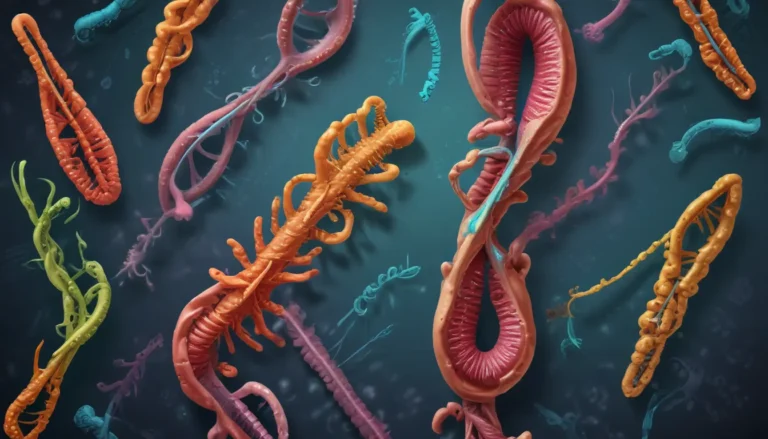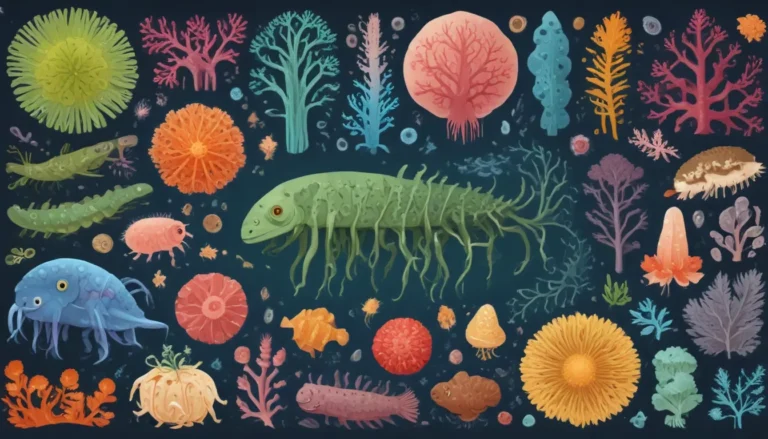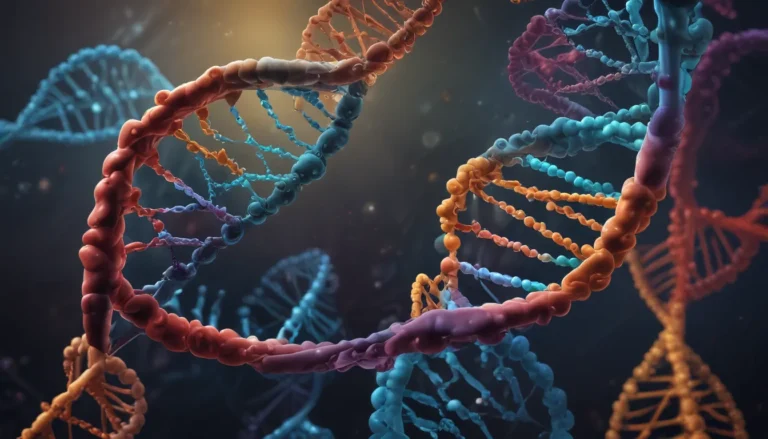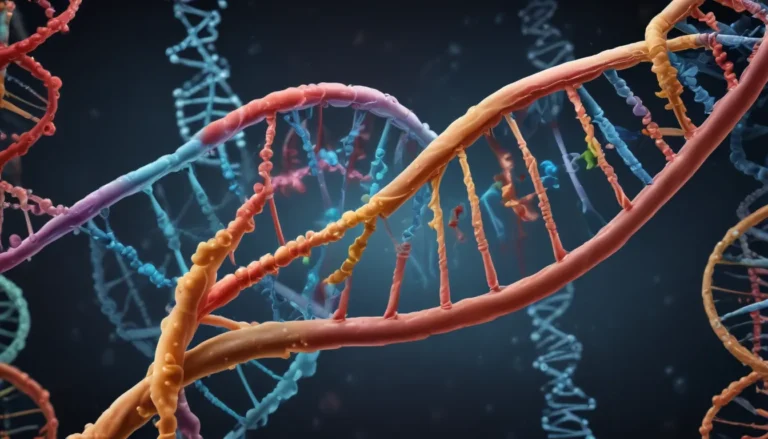A Note About Images: The images used in our articles are for illustration purposes only and may not exactly match the content. They are meant to engage readers, but the text should be relied upon for accurate information.
Have you ever stopped to appreciate the unsung heroes of nature, the detritivores? These incredible organisms may not always steal the spotlight, but their role in maintaining the balance of ecosystems is nothing short of remarkable. From breaking down dead plants and animals to recycling essential nutrients back into the environment, detritivores are the true champions of nature’s clean-up crew.
Understanding Detritivores: Nature’s Clean-Up Crew
Detritivores are like the behind-the-scenes workers of the natural world, diligently cleaning up dead organic matter to keep ecosystems healthy and balanced. Whether it’s fallen leaves, decaying wood, or animal carcasses, these unsung heroes efficiently break down organic materials into nutrients that can be reused by plants and other organisms.
Unveiling the Diversity of Detritivores: From Woodlice to Earthworms
The world of detritivores is a diverse one, ranging from familiar organisms like woodlice and earthworms to microscopic decomposers like bacteria and fungi. While they may not be as flashy as their predator counterparts, detritivores play a crucial role in recycling nutrients and maintaining the overall health of ecosystems.
The Marvel of Decomposition: Detritivores in Action
Detritivores are masters of decomposition, equipped with specialized enzymes that allow them to break down complex compounds like cellulose and lignin. Through their efficient feeding strategies, these incredible creatures turn decaying matter into valuable nutrients that sustain the ecosystem’s delicate balance.
Unlocking the Secrets of Detritivores: Nature’s Recycling Engineers
Detritivores are nature’s recycling engineers, facilitating the release of essential nutrients such as nitrogen, phosphorus, and carbon back into the soil. By breaking down organic matter, they ensure the sustainability and productivity of ecosystems, playing a vital role in nutrient cycling.
The Power of Microscopic Decomposers: Bacteria and Fungi
While larger detritivores often steal the spotlight, it’s the microscopic decomposers like bacteria and fungi that truly drive the decomposition process at the cellular level. These tiny but mighty organisms play a critical role in nutrient cycling, breaking down organic matter with precision and efficiency.
Deciphering the Efficiency of Detritivores
Detritivores have evolved remarkable feeding strategies that allow them to extract maximum nutrition from decaying matter. Whether it’s dung beetles rolling nutrient-rich dung into balls or earthworms aerating the soil, these creatures are masters of efficiency in recycling nutrients back into the environment.
Maintaining Ecosystem Balance: The Role of Detritivores
By preventing the accumulation of dead organic matter, detritivores help reduce the risk of pests and diseases while providing essential food for other organisms in the ecosystem. Their presence is crucial in maintaining the delicate balance within ecosystems and supporting a healthy environment for all organisms to thrive.
Detritivores as Indicators of Ecosystem Health
The abundance and diversity of detritivores can serve as valuable indicators of ecosystem health. A thriving community of detritivores signals a balanced and healthy environment, while their absence or decline may suggest imbalances in nutrient cycling or environmental disturbances that require attention.
Conclusion: Appreciating the Unsung Heroes of the Natural World
From their remarkable adaptations to their crucial ecological functions, detritivores are truly nature’s unsung heroes. By breaking down dead organic matter and recycling essential nutrients, these fascinating creatures play a vital role in maintaining the balance and health of ecosystems. Next time you encounter an earthworm, millipede, or dung beetle, take a moment to appreciate the invaluable work they do in keeping our planet thriving.
FAQs: Exploring the World of Detritivores
-
What are detritivores?
Detritivores are organisms that feed on dead plants and animals, breaking them down into smaller particles and playing a vital role in decomposition and nutrient recycling in ecosystems. -
How do detritivores contribute to the environment?
Detritivores help in the decomposition process, breaking down organic matter and releasing essential nutrients back into the environment. They also aid in soil formation and contribute to the overall health and balance of ecosystems. -
Can detritivores survive in extreme environments?
Detritivores are known for their adaptability to various environments, including extreme conditions such as deserts and freezing temperatures. Their resilience and unique adaptations allow them to thrive in diverse habitats. -
Are detritivores important for the carbon cycle?
Yes, detritivores play a crucial role in the carbon cycle by breaking down dead organic matter and releasing carbon back into the environment for plant uptake. This process is essential for maintaining the balance of carbon in ecosystems. -
How can we support detritivores in ecosystems?
To support detritivores, it is essential to maintain healthy ecosystems by avoiding the overuse of pesticides, practicing sustainable agriculture, protecting natural habitats, and reducing pollution. Creating compost heaps and providing organic matter can also help provide food sources for detritivores.
Stay Curious, Stay Informed
As you continue to explore the fascinating world of detritivores and the wonders of the natural world, remember the invaluable role these unsung heroes play in maintaining the balance of ecosystems. From their efficient feeding strategies to their essential contribution to nutrient cycling, detritivores are truly remarkable creatures deserving of our admiration and respect. So, next time you encounter a detritivore in your backyard or on a nature hike, take a moment to appreciate the vital work they do in keeping our planet healthy and thriving.






